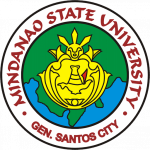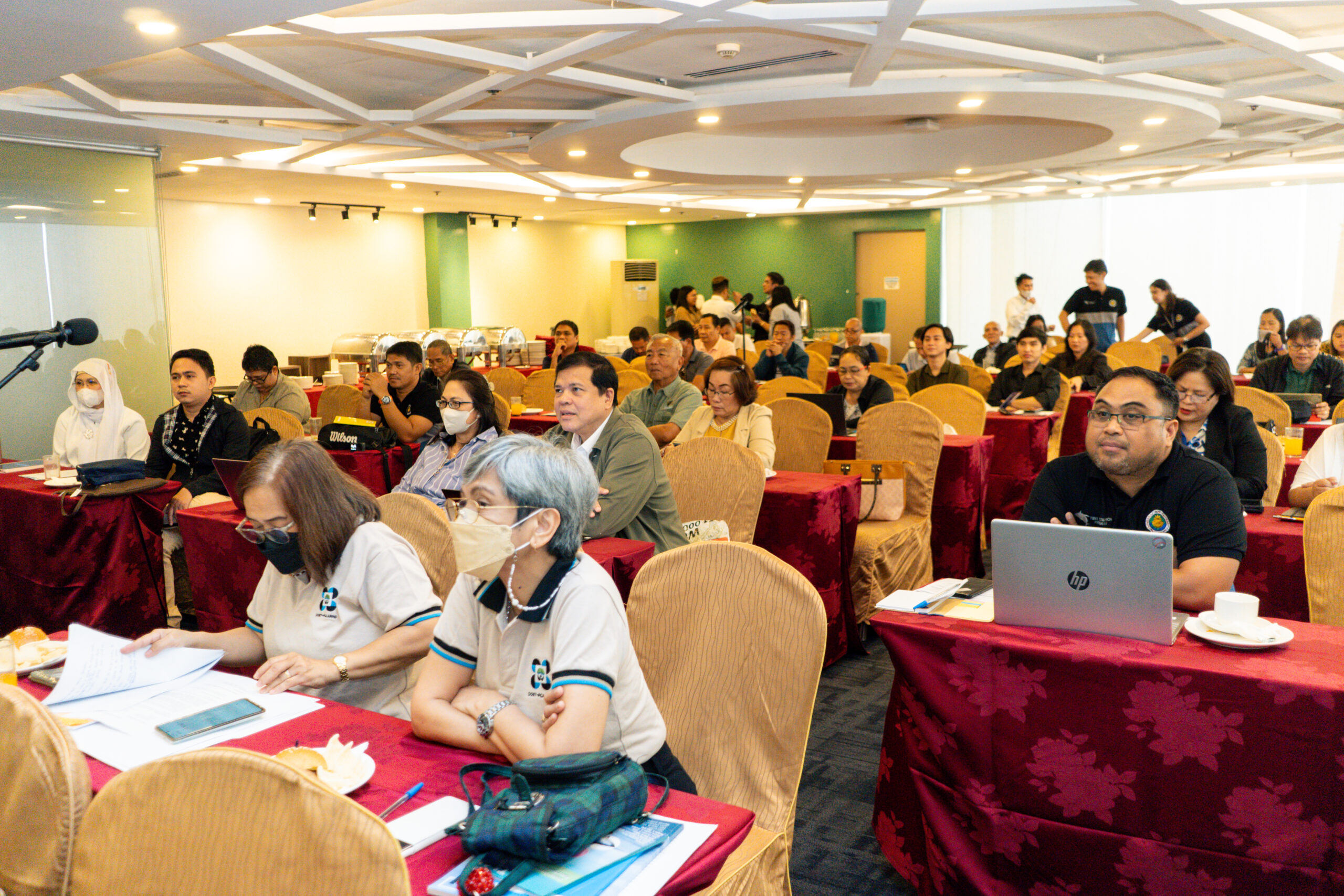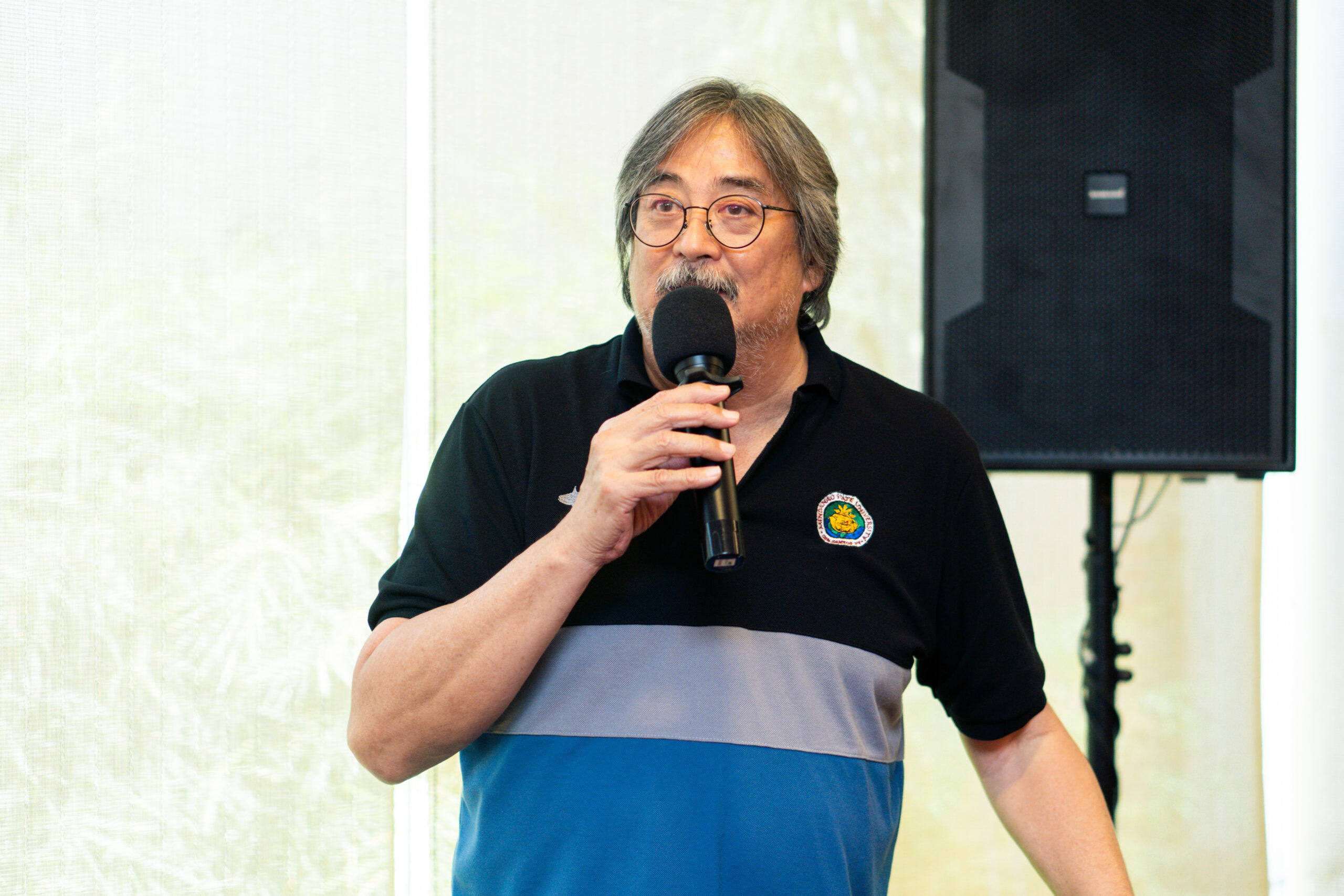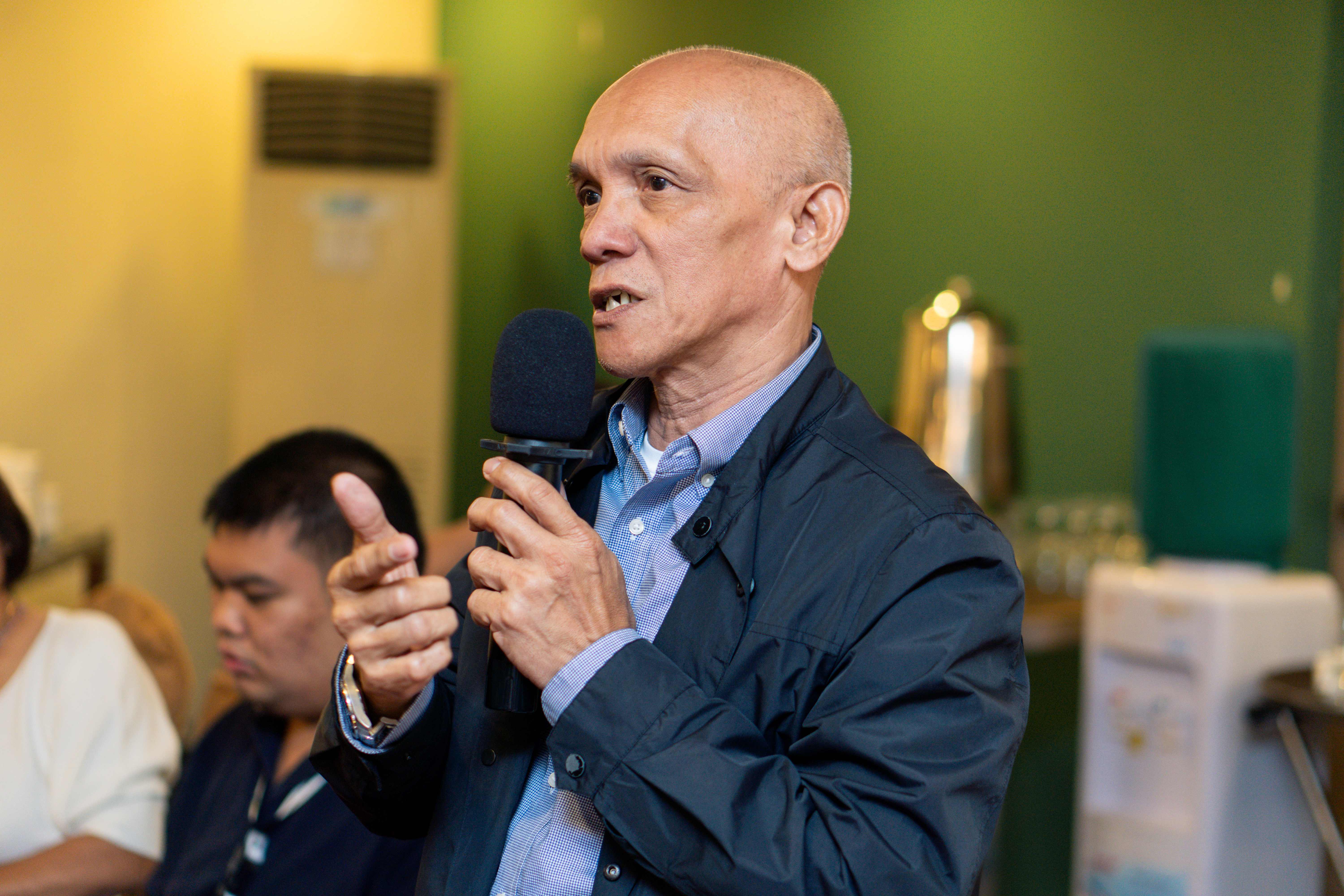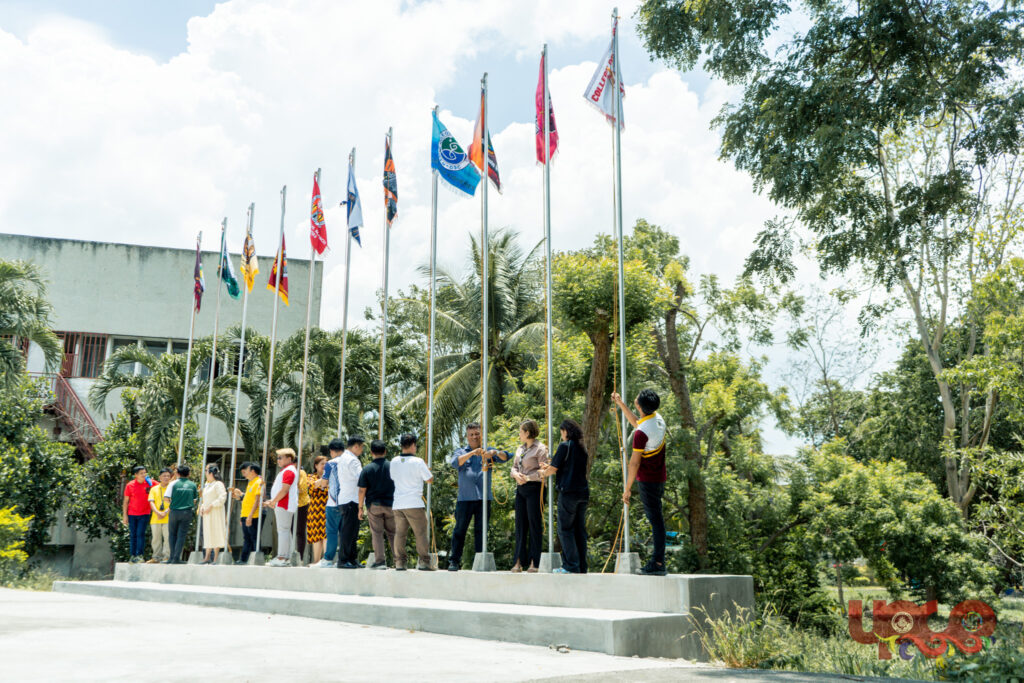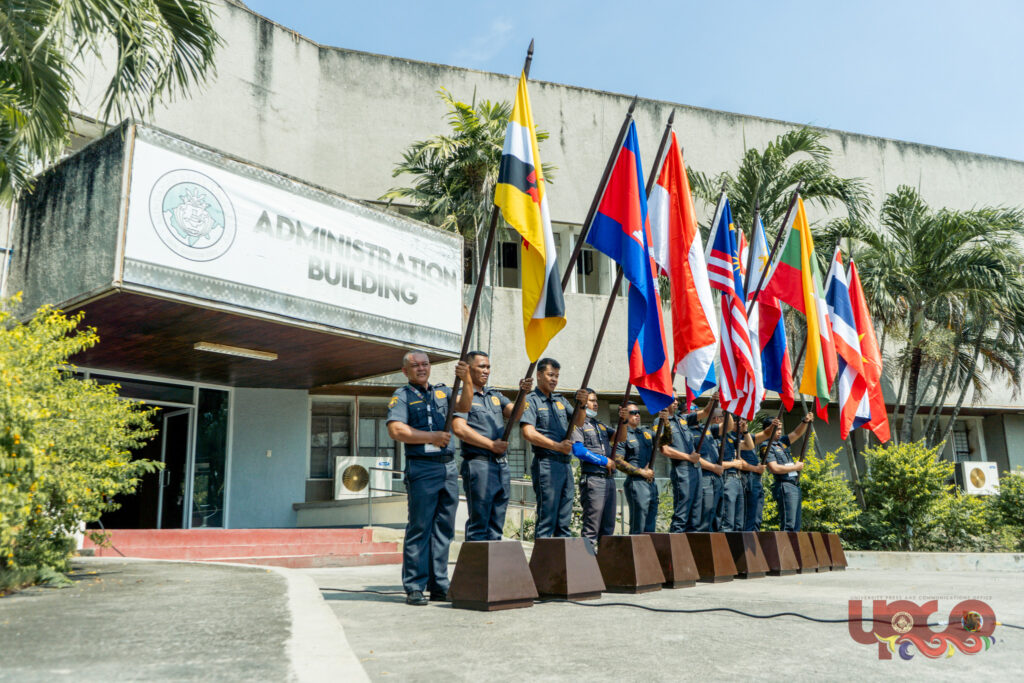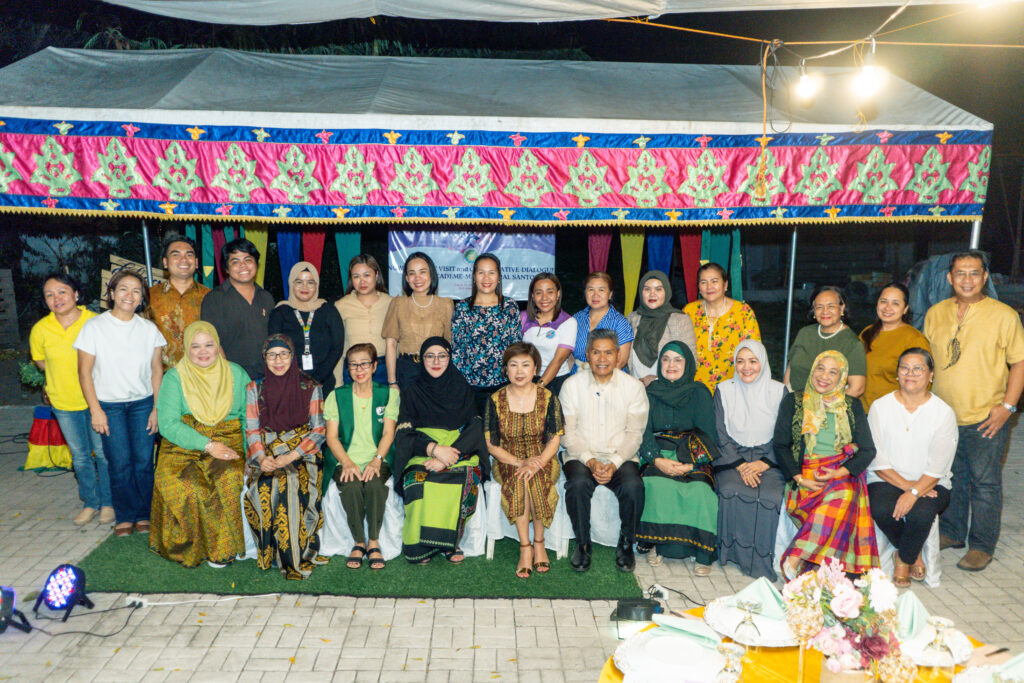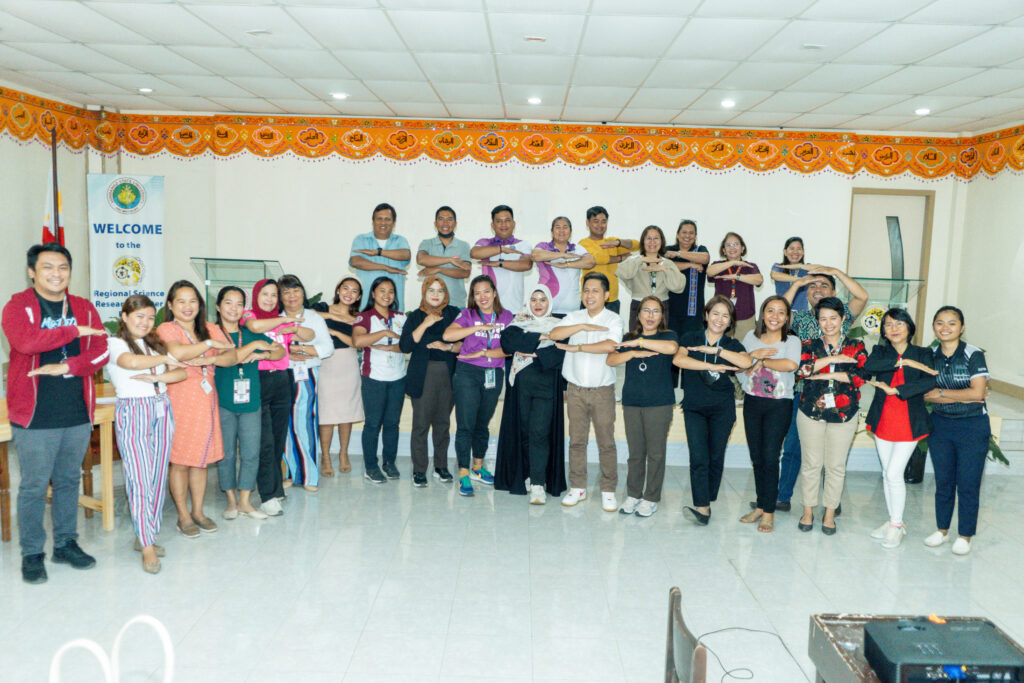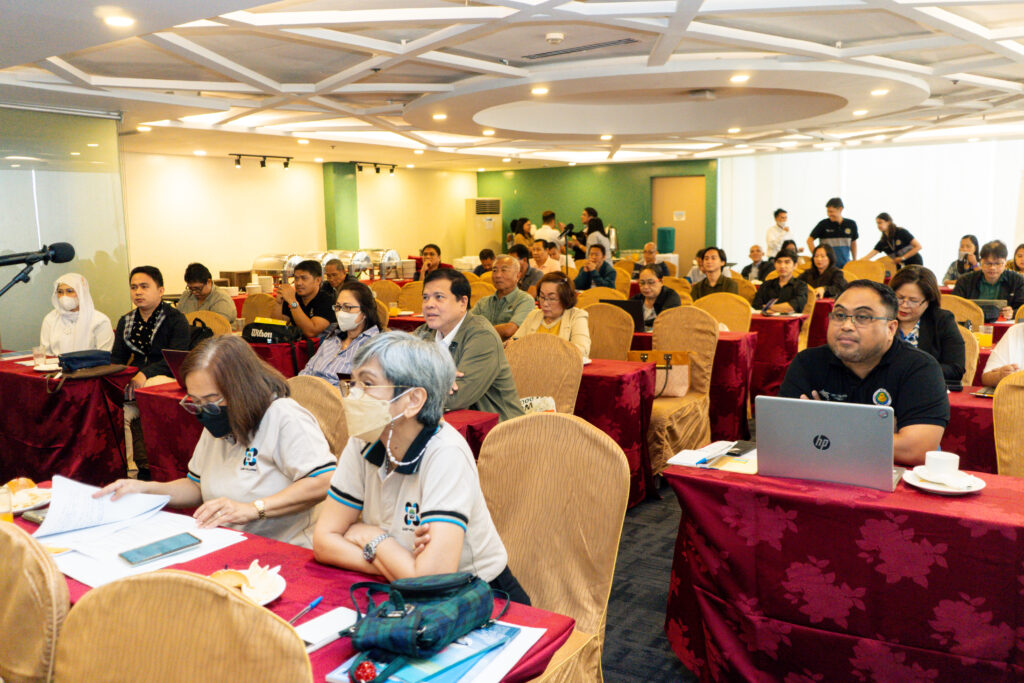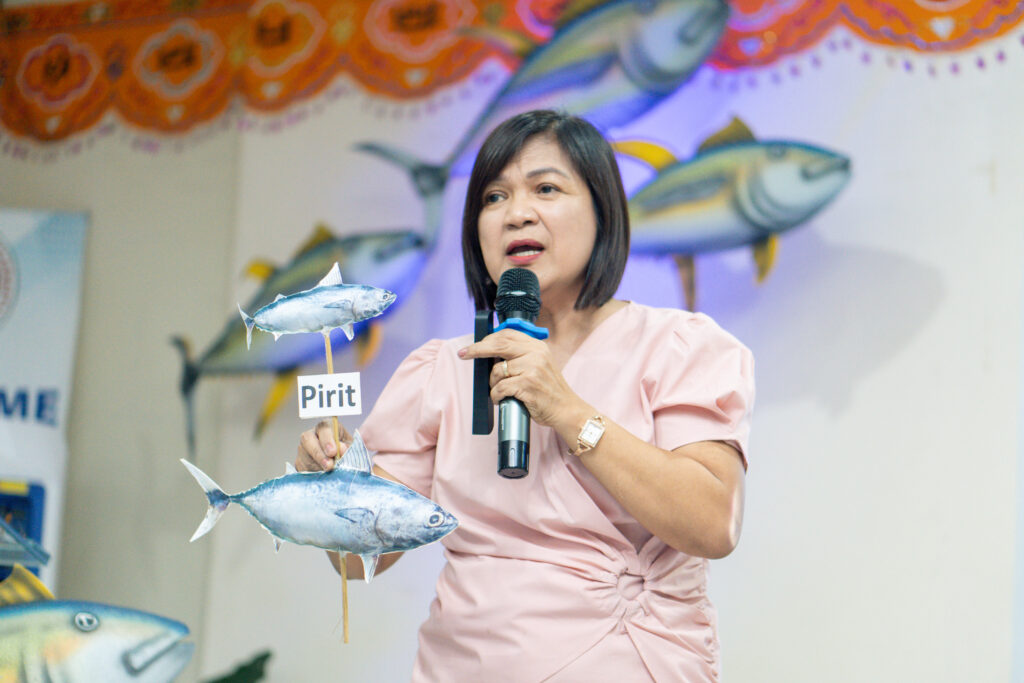General Santos City – The halls of Greenleaf Hotel came alive on August 23, 2023, as an influential talk “Tuna Research: Sustainable Talk Towards Sustainable Management of Tuna 2023 Onwards”, assembled an assembly of experts, practitioners, and government agencies in a concerted effort to pave the way for responsible and enduring tuna management strategies.
The event commenced with a warm welcome from the Vice Chancellor for Research and Extension, Dr. Jaime A. Namocatcat. He expressed his appreciation for the diverse audience, particularly acknowledging the representatives from various government agencies: PSTC (Provincial Science & Technology Center, SARGEN), NEDA, SFFAII, Schools/Academes, DA Region XII, BFAR Region XI & XII, DENR/PAMB, MSU/TUNA Research, DOST, collaborators, and consultants.
Reflecting the city’s support for collaborative efforts in sustainable practices, Mayor Lorelie Pacquiao’s Chief Executive Assistant, Ms. Shandy Llido also conveyed her gratitude to Mindanao State University and the Department of Science and Technology (DOST) for their support in organizing the symposium. “I’m here to listen and, secondly, to give a warm welcome to all the participants,” she stated.
Moreover, Mari Ann Acedera, Division Director (MRRD), extended congratulations to Mindanao State University for their pioneering work. She emphasized the importance of the symposium’s purpose, noting, “Today, we are gathered here to witness, appreciate, and learn the content of the project.”
The symposium’s focus shifted to the Vice Chancellor’s enlightening presentation on the background of the comprehensive tuna research program. Project 1, titled “Reproductive Biology Studies of Three Philippine Neritic Species in Mindanao,” was elucidated by Dr. Edna P. Guevarra. This presentation also encompassed Study 1, focusing on “Fishery and Reproductive Dynamics of Three Neritic Tuna Species in Southern Philippines” led by Prof. Grenville A. Castrence, MFM, and Study 2, delving into “Gonadal Characterization and Histological Profiling of Three Neritic Species in Mindanao Philippines” by Dr. Edna P. Guevarra.
Project 2, led by Dr. Donna Ria J. Canacan, centered on “Dietary Analysis and Feeding Habits of 6 Philippines Tuna Species Using Metagenomics.” The project’s comprehensive studies were detailed, encompassing metagenomic analysis of various tuna species’ intestinal contents for dietary composition.
Project 3, “Otolith Elemental Fingerprinting, Shape Analysis, and Microstructure Analysis of Three Philippines Neritic Tuna Species,” took the spotlight next, explained by Dr. Edna Guevarra. Subsequently, the individual studies under this project were presented by Prof. Ariel Ortiz, Dr. Cleto Nanola Jr., and Dr. Sitti Zayda A. Halun.
Furthermore, a comprehensive discussion of Project 4, “Ichthyoplankton Resource Identification Towards Replenishment of Tuna Species in Sarangani Bay Protected Seascape (SBPS) and Adjacent Waters,” led by Prof. Julius V. Mingoc, MSc. This project’s studies were expounded upon by Prof. Mingoc and Dr. Jessie G. Gorospe.
Tuna Research: Sustainable Talk concluded the day by collectively deciding on the next steps. It was resolved that the policy aimed at sustainable tuna management would be meticulously crafted and in a demonstration of unity, the Bureau of Fisheries and Aquatic Resources (BFAR) was entrusted with leading this vital effort.
